
OR
Govt relief packages not reaching majority COVID-affected women entrepreneurs: FWEAN
Published On: July 6, 2021 07:30 PM NPT By: Republica | @RepublicaNepal
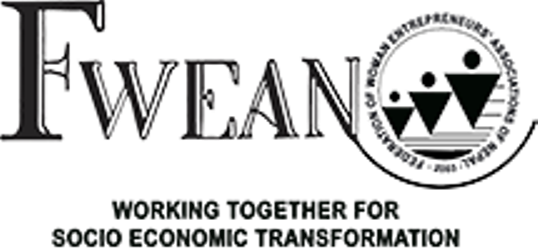
KATHMANDU, July 6: Lack of dissemination of proper information along with a number of hindrances including poor market access, poor financial literacy and procedural defects have been preventing a majority of the COVID-19 affected women entrepreneurs from receiving the targeted recovery packages introduced by the government.
A study carried out by Federation of Women Entrepreneurs' Associations of Nepal (FWEAN) in association with the International Labor Organization (ILO) has unveiled this fact. Speaking at a virtual program organized by FWEAN, President Reeta Simha said the concerned have failed to realize benefits from the government-enforced policy due to various factors.
The federation has recently surveyed 52 women engaged in different businesses from across the country. Women entrepreneurs hit hard by the pandemic are facing tougher recovery due to the issues related to socio-culture aspects, market outreach, financial resources, labor market and expanding digitized economy to which women have relatively lower access.
The government has allocated Rs 1.2 billion for women, old age people and children related programs for the next fiscal year. In addition, the government has also announced relief measures such as refinance and extension of loan repayment period for coronavirus affected businesses including micro enterprises.
“But around 62 percent of women entrepreneurs do not know about the government-announced package,” said FWEAN member Sirjana Ale, presenting a paper entitled ‘Policy Plan for Women Entrepreneurship.’ According to her, limited knowledge about the business and market to women in particular is the outcome of the constraints that the group has been facing in social and policy fronts.
The federation has also pointed out the lack of women’s access to capacity building programs and their poor access to financial resources as the major setback, highlighting the vulnerability of women entrepreneurs due to the ongoing pandemic.
According to ILO’s Nepal Labour Market Update 2017, Nepal is likely to face a shortfall of 3.6 million manpower by 2030. Poor education policy has been blamed for failing to bridge the gap between demand and supply of the skilled manpower, particularly leaving behind the women to take part in skill development programs, says FWEAN.
Likewise, only 36 percent of women have access to institutional financial resources compared to the national average of 61 percent, shows Nepal Rastra Bank’s report. According to FWEAN, failure to produce collateral due to lack of ownership of fixed assets, lack of financial literacy among women, difficult procedures to sanction loans and lack of flexibility shown by the government agencies and banks on part of the women run businesses are among the underlying problems that have barred this group from benefiting out of the state offered benefits.
Mahesh Bhattarai, joint-secretary at the Ministry of Finance, stressed the need for collaboration among the government agencies and private sector to ensure distribution of COVID-targeted benefits at the grass-root level.
You May Like This
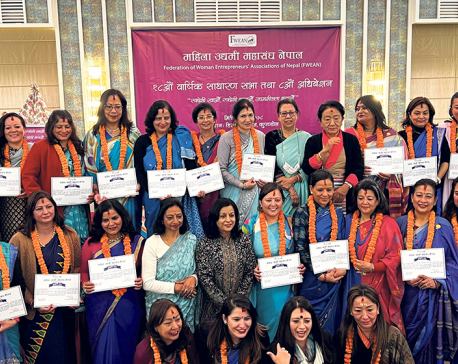
FWEAN elects new Working Committe
KATHMANDU, Dec 25: The 18th Annual General Meeting of the Federation of Women Entrepreneurs Associations of Nepal (FWEAN) held on... Read More...
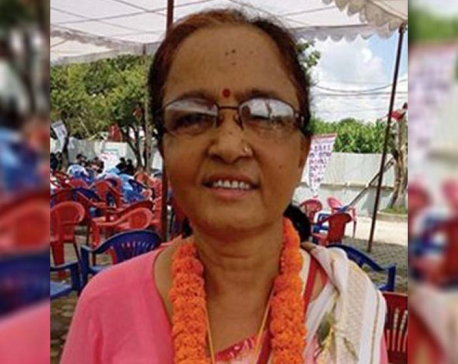
We can build a prosperous nation through development of small entrepreneurship: Minister Regmi
KATHMANDU, Dec 25: Minister for Women, Children and Senior Citizens Uma Regmi said that women should focus on building a... Read More...
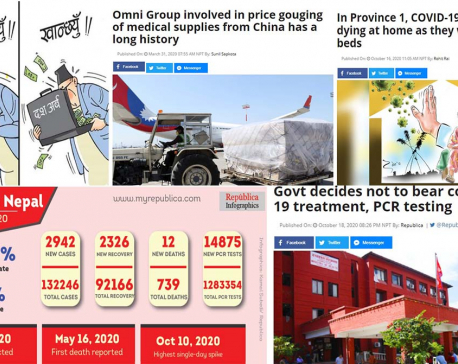
As Oli government limits its role to counting deaths during the greatest public health crisis, people are dying at an alarming rate
Experts say the government has decided to shred the constitution ... Read More...




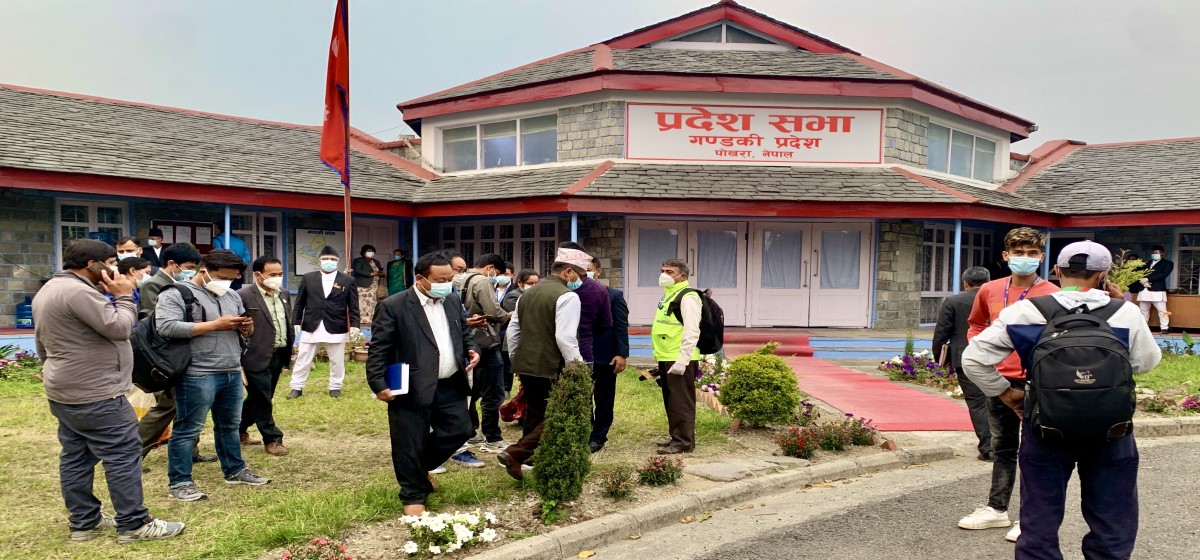

Just In
- Altitude sickness deaths increasing in Mustang
- Weather forecast bulletin to cover predictions for a week
- Border checkpoints in Sudurpaschim Province to remain closed till Friday evening
- Gandaki Province Assembly session summoned
- CM Karki to Speaker: Resolution motion for vote of confidence unconstitutional
- EC reminds all for compliance with Election CoC
- 13 killed, several injured after strike at Al-Maghazi refugee camp in Gaza
- NA team leaves for Solukhumbu to launch Clean Mountain Campaign



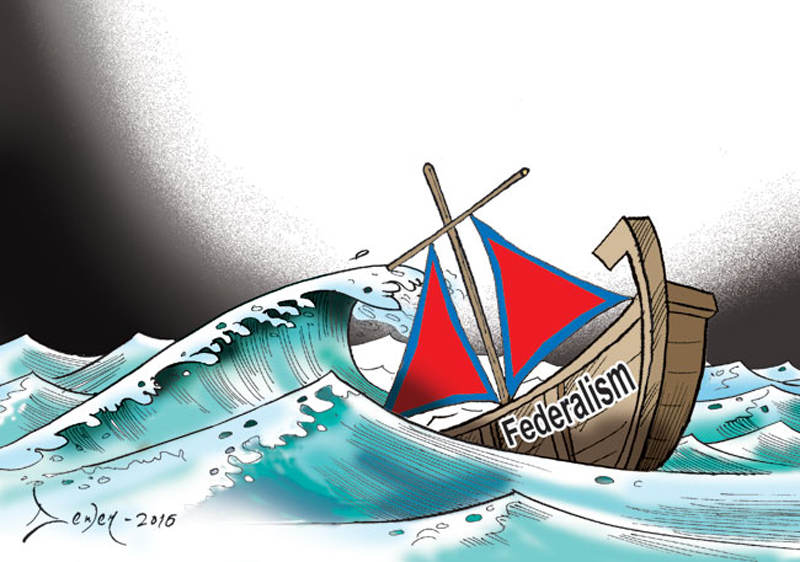



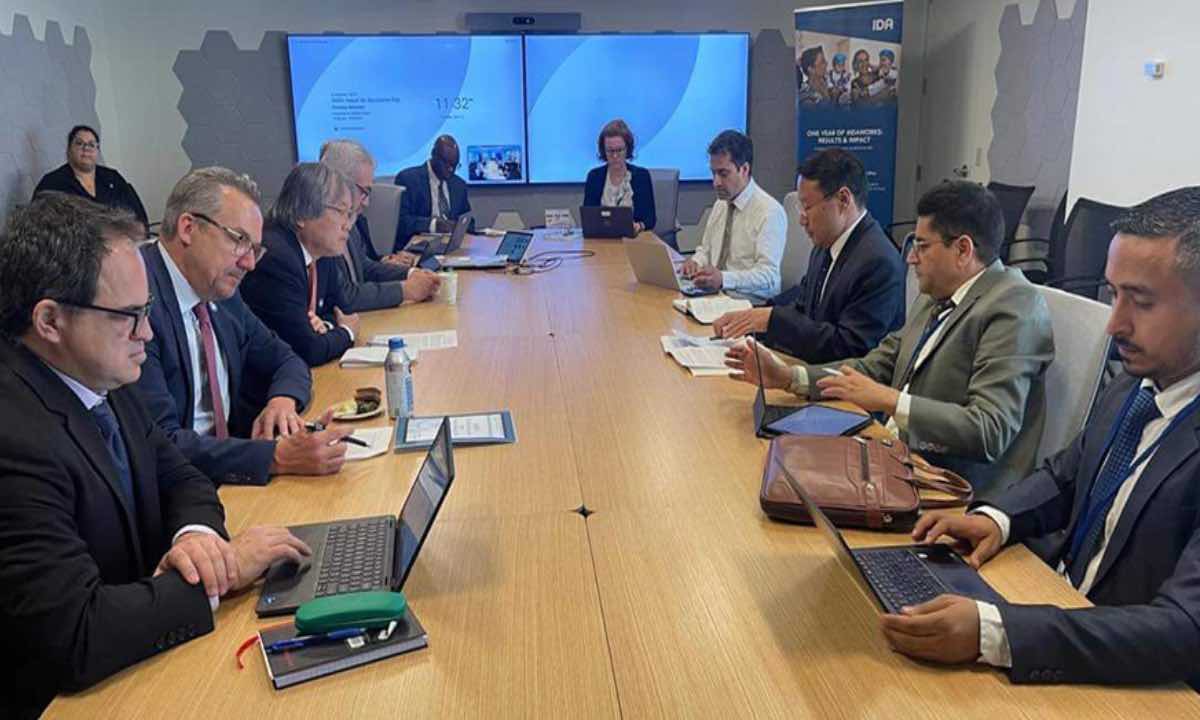

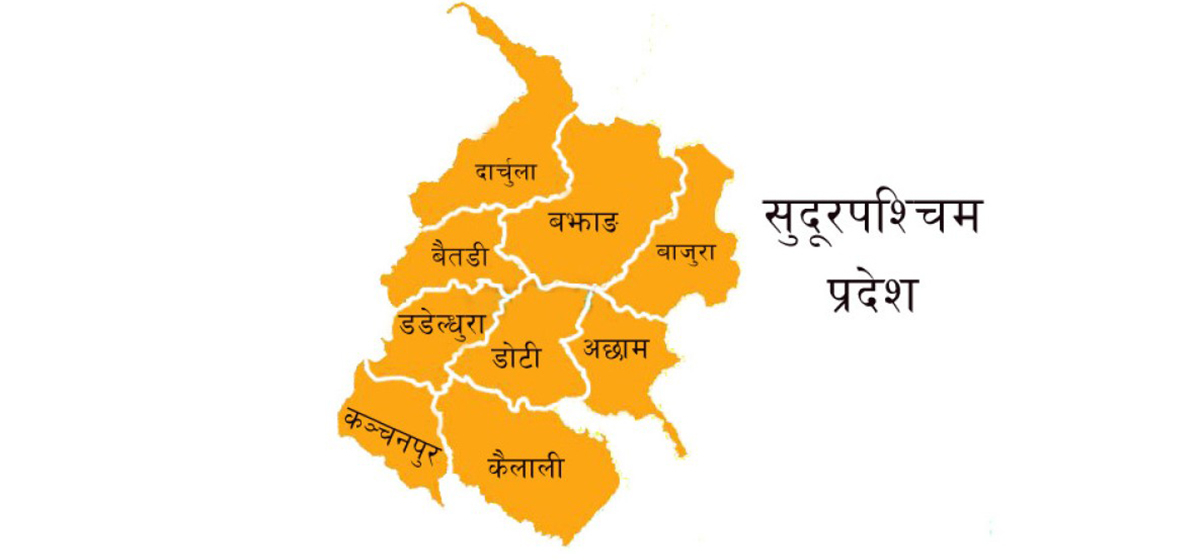
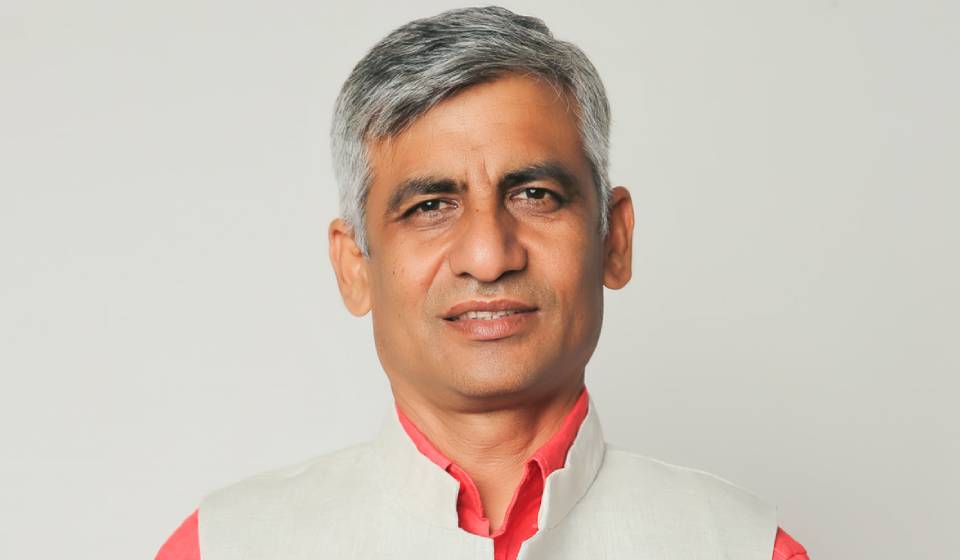


Leave A Comment